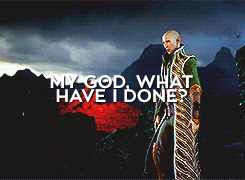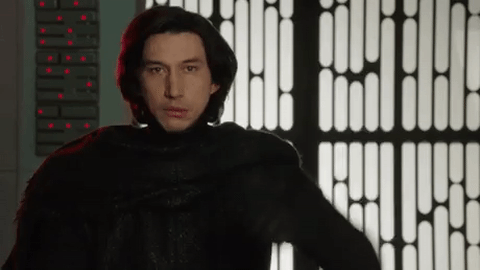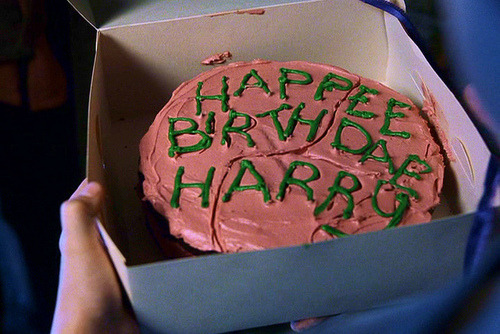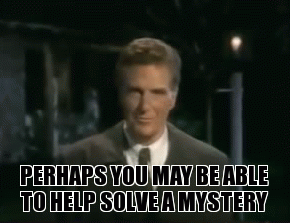I've got a thing for tragic bastards.
I should clarify, my desire is purely for dudes of a fictional variety. I have exactly zero time for the bullshit of living, breathing disasters. But I have been thinking a lot lately about the themes and sorts of characters that resonate with me, what I'm drawn to read and write. As silly as it is, my recent experiences playing Dragon Age: Inquisition have made this pretty clear to me. I've always appreciated Bioware's nuanced characters and the ability players have to befriend or isolate or irritate them, and this installment in the series is, in my opinion, the best in terms of executing this particular hallmark of the studio.
My first two play-throughs, I barely spoke a word to Solas, became absolute besties with Dorian and Cassandra, and romanced Cullen, whose awkward word vomit and head scratching endeared him completely. But, I kept seeing folks talking about the draw of the Solas romance and how it tied in with the game's overall narrative - which is spectacular - so I decided to give it a try and rolled an elven Inquisitor.
And now I'll never look back.
What is it about colossal fuck-ups that is so appealing?

While the charming, well-intentioned dude may at first secure my attention, it just doesn't last. Perhaps this is why your average romantic comedy can't hold my attention - I love a good love story but I need even more than space and elves to complicate things for my weird little heart. I need world-shattering mistakes.
There are other fictional fellas in here. Not surprisingly:

As I am writing the final book in my series and contending with some of the choices and realizations in The Dread Goddess, I am trying to feel my way forward with Gannet and Eiren - without giving anything away, certainly things between them have never been easy, and there are new troubles now. In earlier drafts of the first few chapters, something just didn't feel right. The forgiveness, the comfort, the ease with which they were moving forward, together. Because something is wedged between them still, and Gannet is, of course, claiming responsibility. Given what he knows and doesn't know about himself, and what's at stake, there was a tension and a distance that wasn't at play yet in that draft.
So, I had to make some changes.
In each book, we've learned something new about Eiren and Gannet and about their world, and now that they're presumably holding all of the pieces, they're finding that their shapes are strange, sharp, fragile. I feel as much at Gannet's mercy as Eiren does, sometimes. Even though I'm technically steering this ship, there are storms in their characterizations that even I underestimate, or miss alltogether.
But, take heart. I may enjoy tragic bastards, but I do not enjoy tragedy.








